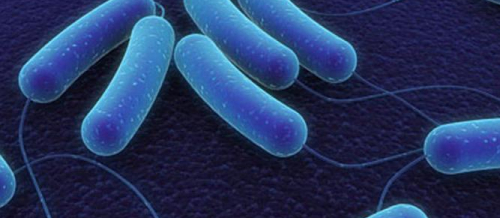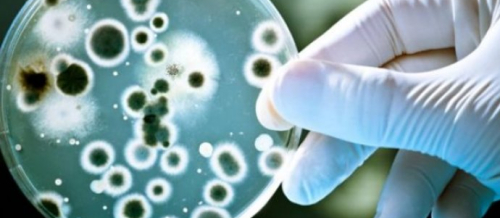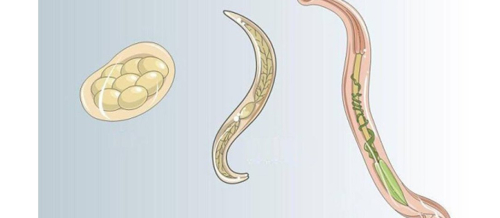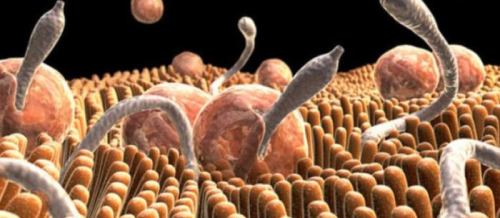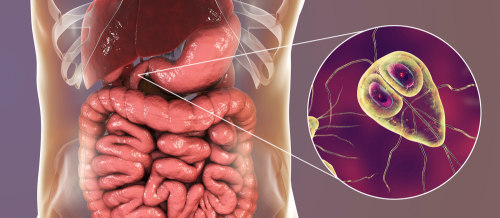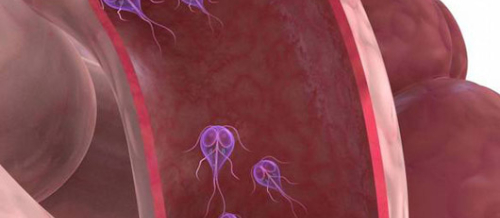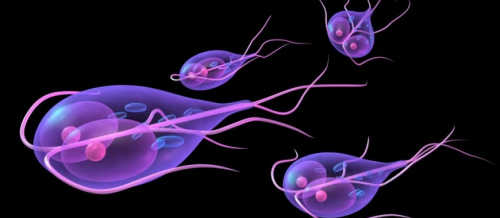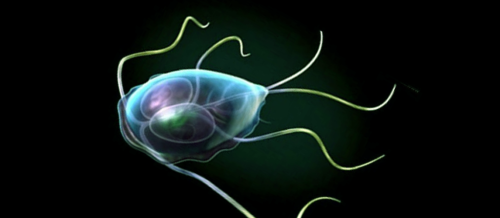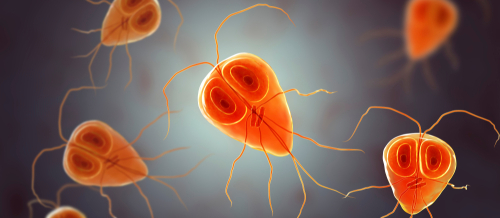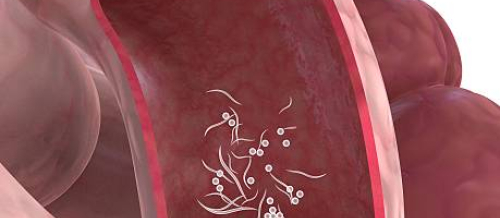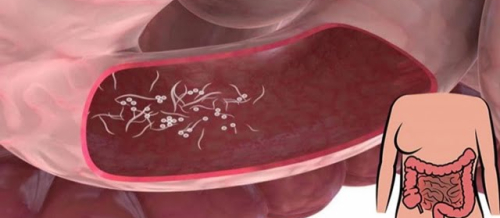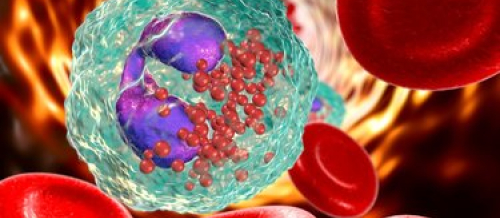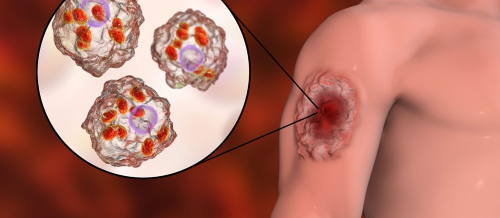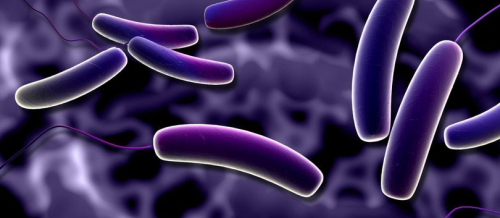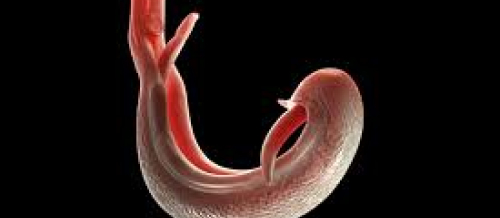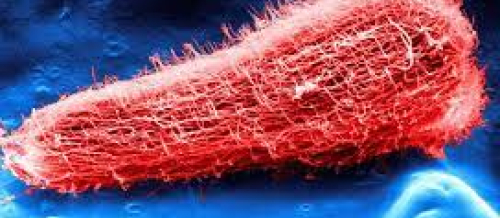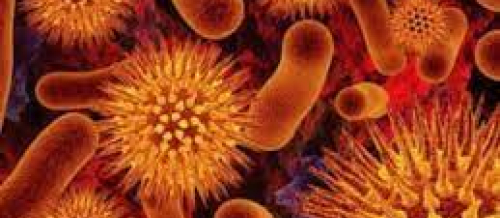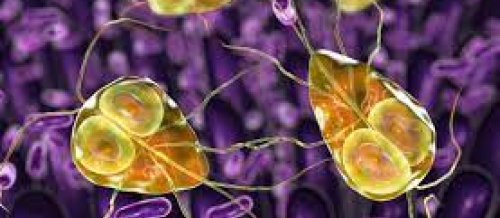Medical parasitology has traditionally involved the study of three main groups of animals: parasitic protozoa, parasitic helminths (worms), and arthropods that directly cause disease or act as carriers of various pathogens. A parasite is a pathogen that simultaneously injures the host and obtains food. Some organisms, called parasites, are actually commensals because they neither benefit nor harm their hosts.
Human infections caused by parasites number in the billions and range from relatively harmless to fatal. Diseases caused by these parasites are the main problems of human health all over the world.
During their life, parasitic organisms usually go through several developmental stages, during which there are changes not only in structure, but also in biochemical and antigenic composition.
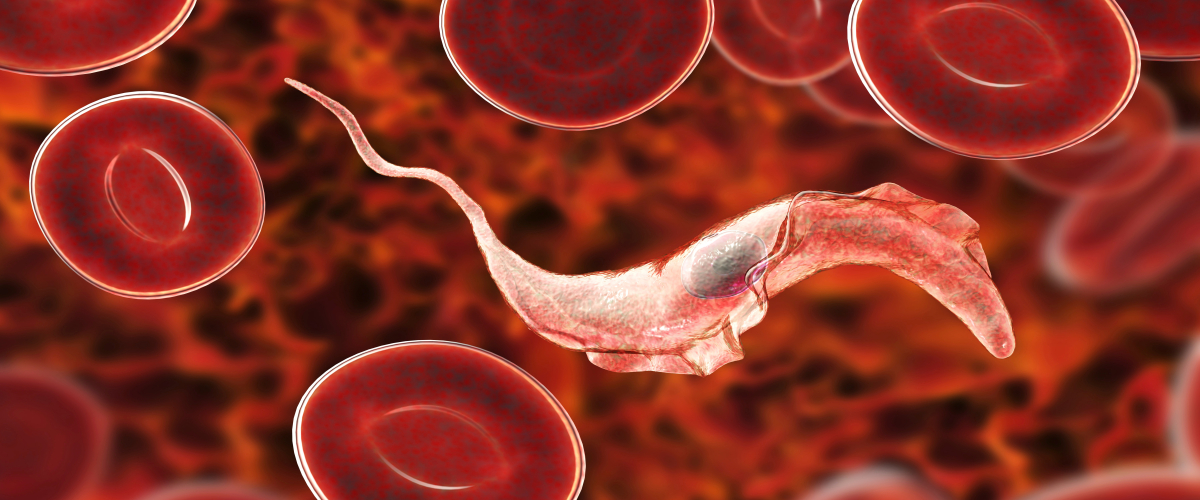
Helmintozlar, Helmintoz növləri, Qurd xəstəliklərinin əlamətləri, Qurdların diaqnozu, Dəri və zöhrəvi xəstəliklər
HELMİNTOZLAR Helmintozların növləri müxtəlif olduğu kimi hər birinin də spesfik əlamətləri olur. Məsələn strongiloidoz və filyariatozlarda allergik əlamətlər – ödem və dəri səpgiləri daha çox olur...
Parazit qurdları, Tibbi Parazitologiya, Qurd xəstəlikləri, helminthologiya, Parazitlərin növü
Parazit qurdları İnsan orqanizminə daxil olduqdan sonra immun sisteminə mənfi təsir göstərən və infeksion xəstəliklərə səbəb olan parazit qurdlarının genetik quruluşu öyrənilir. Genetik araşdırm..
Parazit növləri, Qurd xəstəliklərinə yoluxma, Qurd xəstəliklərinin fərqli əlamətləri, Qurd xəstəliklərinin fəsadları
parazit növləri İnsan orqanizminə daxil olaraq orada yaşayan çoxsaylı parazit növləri mövcuddur. Qurd xəstəliyi istər böyüklərdə, istərsə də uşaqlarda rast gəlinən problemdir. Uşaqlar əsasən 3-12 y..
Qurd xəstəlikləri, Azərbaycan qurd xəstəlikləri, Qurd xəstəliklərinin müalicəsi, Qurd xəstəliklərinin əlamətləri
Qurd xəstəlikləri Digər yoluxucu xəstəliklər kimi qurd xəstəlikləri də artmaqdadır və doğrudanmı digər parazit qurdların adı hallanmadığı halda ancaq iki-üç qurd xəstəliyi bu qədər vüsət alıb? Əvvə..
Ləmblioz, bağırsaq infeksiyası, Ləmbliaların səbəbləri, Ləmbliaların müalicəsi, infeksiya
LƏMBLİOZ Ləmblioz qarın nahiyəsində ağrılar, köpmə, ürəkbulanma və müddətli sulu ishal əlamətləri ilə gedən bağırsaq infeksiyasıdır. Bu xəstəlik dunyada genis yayılmış, xüsusən antisanitar ərazilər..
Qorxulu qurd xəstəliyi, Bağirsaq infeksiyalari, Bağırsaq infeksiyası nədir, Bağırsaq infeksiyalarının növləri
Qorxulu qurd xəstəliyi Parazitin ən qorxulu xüsusiyyəti onun kapsullaşıb 10-40 il müddətində orqanizmdə diri qala bilməsidir. Xəstəlik vəhşi heyvanlardan ev heyvanlarına,onlardan da insanlara yolux..
Qurd xəstəliklərinin orqanizmdə yaratdığı fəsadlar, İnsan orqanizmi qurda necə yoluxur, Yoluxucu xəstəliklər
Qurd xəstəliklərinin orqanizmdə yaratdığı fəsadlar Qurdlar insan orqanizmində müxtəlif pozulmalara səbəb olur. Bir çox hallarda biz bu pozulmaları qurdlarla deyil, digər səbəblərlə əlaqələndiririk...
Qurd xəstəliklərinin fərqli əlamətləri, Qan parazitar xəstəlikləri, Parazit qurdları, Parazitlərin növü
Qurd xəstəliklərinin fərqli əlamətləri Orqanizmdə çoxalan qurdların nematodozlar, enterobioz, askaridoz adlanan növləri var ki, bunların da hər birinin özünəməxsus əlamətləri var. Enterebiozlar gec..
Parazit qurdlara yoluxma, Qurd xəstəlikləri, parazit növləri, Qurd xəstəliklərinin əlamətləri, Qurd xəstəliklərinin fəsadları
Parazit qurdlara yoluxma İnsanlar ev heyvanlarını sevir və onları özlərinin dostu hesab edirlər. Ancaq onlarla davranış qaydalarını unutmamaq lazımdır. Nə üçün iti, pişiyi sığallamaq, durğun su ..
Parazitlərə yoluxmaq, parazitlərdən qorunmaq, parazitlərin əlamətləri, Dərinin parazit xəstəlikləri
Parazitlərə yoluxma daha hansı təhlükələrə malikdir? Parazitlər kişilərdə prostatit, impotensiya, adenoma, sistit, böyrək və sidik kisəsində qum, daşların yaranmasına səbəb olur. Qadınlarda yumu..
Parazitologiya nədir, medical parazitologiya, parazit növləri, parazitin müalicəsi
PARAZITOLOGIYA NƏDIR? Başlamaq üçün, bəzi şərtlər nəzər. Onların ən ümumi - Parazitologiya. onlar səbəb xəstəlikləri müalicə etmək üçün bioloji parazit, həyat morfoloji xüsusiyyətləri, etiologiyalı..
Parazitologiya, Parazit, Parazitologiyanın qolları, Tibbi parazitologiya, parazitlərlə mübarizə
Parazitologiya nəyi öyrənir? Parazitologiya, əvvəlində də qeyd edildiyi kimi, parazitlər və onların sahibləri arasındakı əlaqələrin öyrənilməsindən məsul olan biologiyanın bir hissəsidir. Əsa..
Parazitologiya, Tibbi Parazitologiya, Qurd xəstəlikləri, Askaridlər, Qurd xəstəliklərinin dərmanla müalicəsi
Parazitologiya Tibbi Parazitologiya – insan parazitlərini onların törətdiyi xəstəlikləri onlarla mübarizə üsullarını öyrənən elmdir. Heyvan təbiətli parazitlərin 3 əsas qruplarına uyğun olaraq parazi..
Parazitologiya, parazitzm, müvəqqəti parazitzm, stasionar parazitizm, parazit müalicəsi
Parazitologiya Parazitologiya həm parazitlərin özlərini, həm də onların törətdiyi xəstəlikləri və insanlarda və heyvanlarda onlarla mübarizə üsullarını öyrənən bir elmdir. Orqanizmləri..
Parazitologiya, parazit qurd xəstəlikləri, parazit qurdlar, parazitoloq, bağırsaq qurdları
Parazitologiya Tibbi Parazitologiya – insan parazitlərini onların törətdiyi xəstəlikləri onlarla mübarizə üsullarını öyrənən elmdir. Heyvan təbiətli parazitlərin 3 əsas qruplarına uyğun olaraq para..



